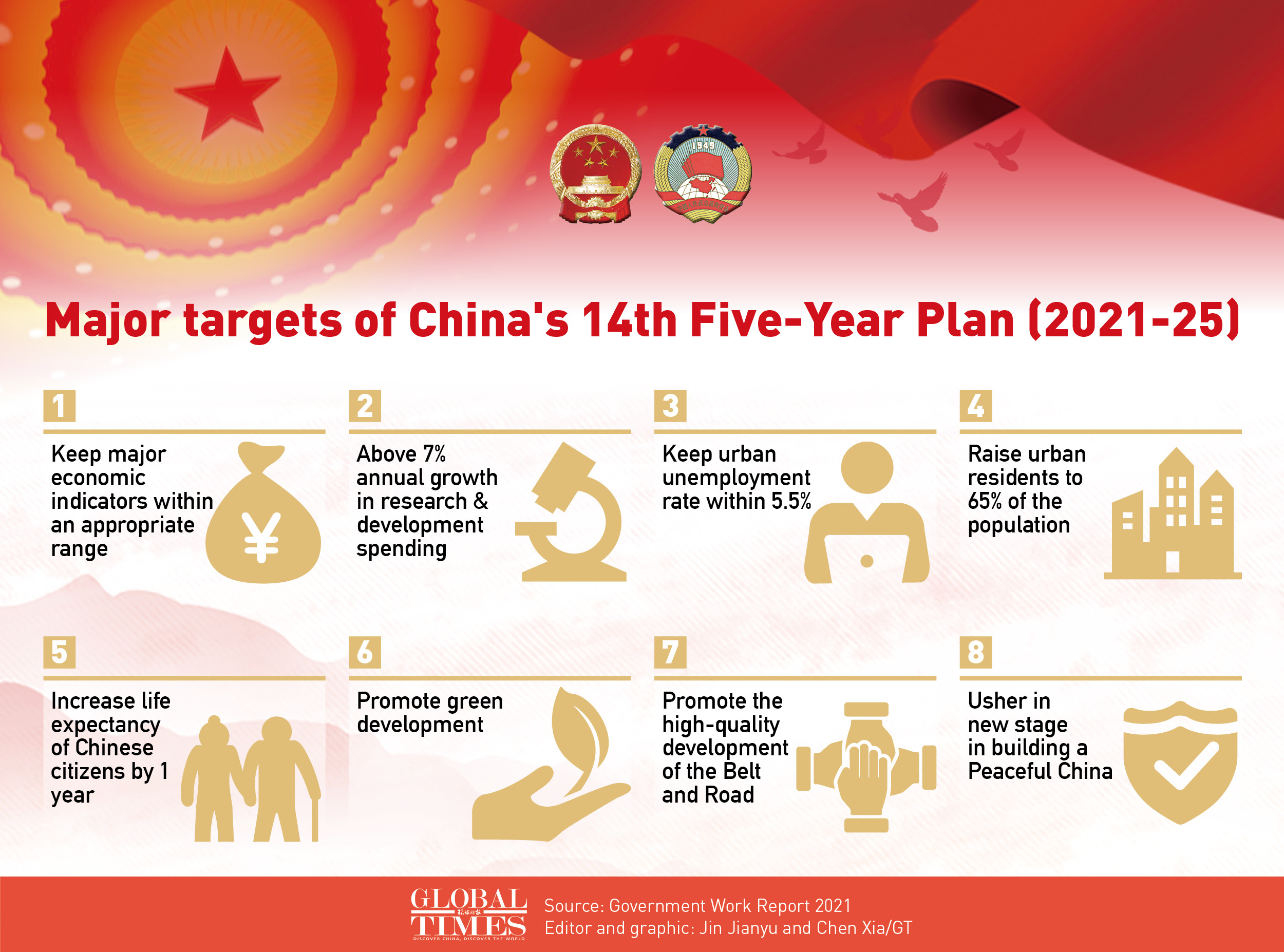What is going on with China?
Many know that it has been a rough year for those who invest in Chinese stocks because of the crackdown by the Chinese government on technology, real estate and other major industries. It has been shown that the China economy has slowed down to 4% year-on-year (YoY) in 2021 4th Quarter despite achieving 8.1% growth for the full year. China cracked down on several companies that they deem to have alleged monopolistic behaviour such as Alibaba and also went further on their tightening of regulations on real estate property developers due to the high reliance on debt and regional failures to reduce the carbon emission.
However, in the last few months, there have been statements that show Beijing slowing and softening its stance. Macquarie’s chief China economist, Larry Hu pointed out that Chinese leaders’ are now prioritising the defence of 5% growth in 2022. A senior official, Han Wenxiu, said in December 2021 that the government will refrain from launching policies that will have negative implications on economic growth while President Xi did publish an article that reiterated the importance of the digital economy. Hu also said that Top Leaders in December had already removed several references to anti-monopoly, property policy and carbon neutrality from a list of economic tasks for 2022. All these points to the fact that the government are trying to maintain and focus on economic stability.
Regulations are here to stay
Now referring to this post headline, I believe that the regulations are here to stay. This is after President Xi calls for more work on laws for the tech sector (yes I am also worried after heavily investing in Chinese Tech Stocks). According to the CNBC translation of Xi’s statement, it shows that President Xi wants to accelerate the pace of legislation in the fields of technology such as digital economy, internet finance, artificial intelligence etc. There is also a Political element in it where President Xi focused on broad theoretical points such as not blindly following the western system.
In my opinion, the reason that China has been tightening regulations was due to the broader effort to prioritise long term social and economic stability over short term growth. This view is in fact reinforced by China’s renewed emphasis on ‘common prosperity. China authorities have promoted efforts to eliminate poverty and grow the middle class which is a move away from prioritizing economic growth at all costs. There is no doubt that regulatory uncertainty is likely to weigh on investor sentiment in the near term, but the economy’s long-term outlook remains sound in my opinion and China’s policymakers have shown that they will act decisively to support growth if required. China’s calibrated policy bodes well for its strategic priorities in its latest Five-Year Plan, including domestic consumption and focusing on investment on ‘new infrastructure’ such as 5G applications, AI, data centres, as well as supporting infrastructures such as high-speed railways, airport clusters, and renewable energy.
Sources:
https://www.cnbc.com/video/2022/02/18/global-investors-buy-more-china-stocks-as-regulatory-uncertainty-fades.html
https://www.cnbc.com/2022/02/18/china-tech-xi-calls-for-more-tech-laws-signals-more-regulation-ahead.html
https://www.cnbc.com/2022/02/11/economists-say-the-worst-of-chinas-regulatory-crackdown-is-over.html

